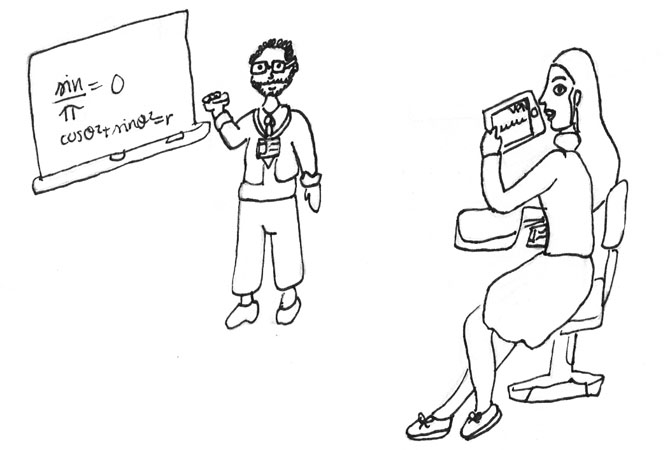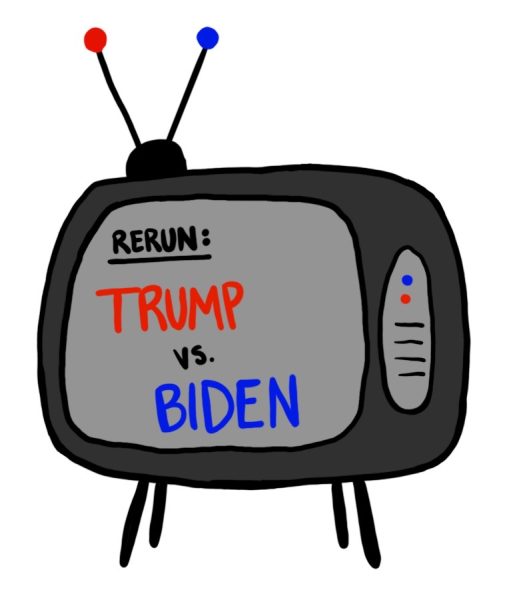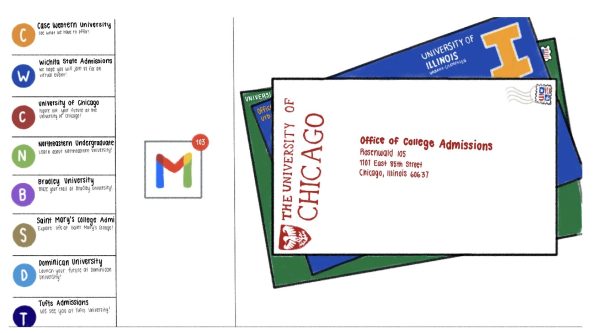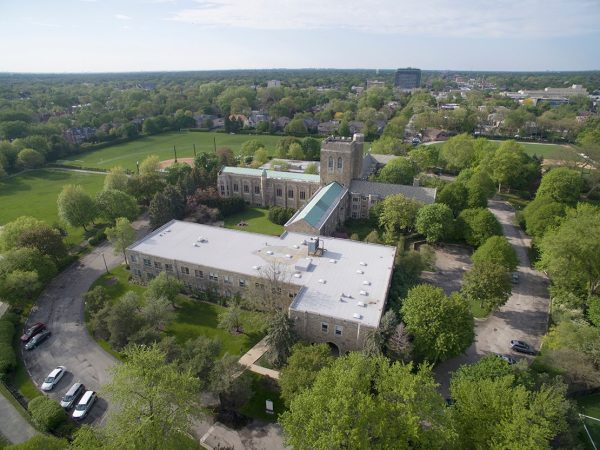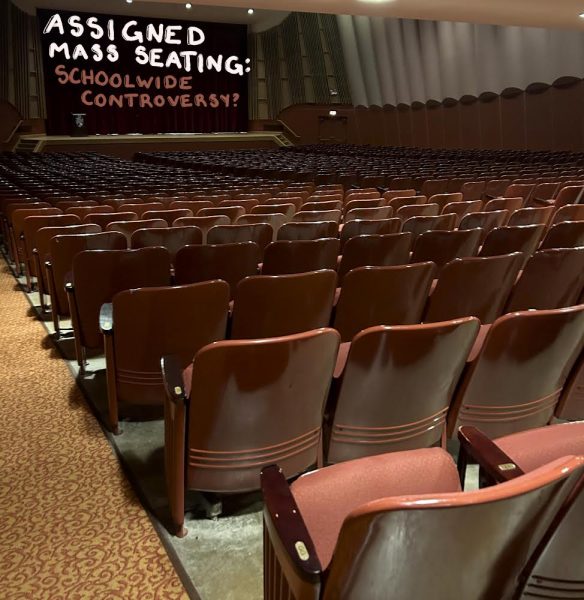A New Realm of Internet Regulation
Throughout the past twenty years or so, we have integrated technology into practically every aspect of our lives with varying degrees of success. Although nobody can deny the exponential rate of growth in the realm of electronics, all have found it difficult to adjust to such a new world of rights and wrongs, particularly in finding a balance between privacy, security, and freedom. So, as users and participants in this system, we are forced to ask, are the methods in place beneficial and in our best interest? In many cases, organizations suffer from an overdose of regulations and control.
Fenwick has certainly experienced this in the last few years since iPads became mandatory. Last year, after becoming aware of VPN usage at Fenwick, the Tech Department did a school-wide search of all iPads and found that a massive percentage of VPN. Since VPN allowed students to bypass the firewall system on the Fenwick network, students were ordered to remove any VPN services under threat of being banned from the internet. Although the tech department no doubt had our best interest in mind, they made a few oversights.
At the time, the Internet Acceptable Use Policy banned attempting to break into the firewall, and since VPN only keeps the firewall from accessing data about the device, VPN was technically allowed. Additionally, the contract assured that no searches into any students offline data would be made without the student being notified first. Under those regulations, the tech department broke their own rule, and prosecuting students for disobeying a non-existent rule. So why was this behavior allowed?
Well, the policy ends with a statement that “The Technology Department reserves the right to modify this policy without notice.” In essence, since our contracts are not tied to a physical document, the tech department can literally change the policy to whatever they want, whenever they want, without telling anyone, and we as students must adhere to it. In a non-school situation, a contract like this would be an impermissible abuse of power. A lack of regulation can cause additional problems in safety and security.
A couple weeks ago, the majority of the senior class received Instagram follow requests from an account titled “jsmither2019” who claimed to be a senior at Fenwick named Joseph Smith who would be attending UIC next year. Needless to say, Joseph Smith doesn’t exist, and seniors including myself were appalled that someone would fake their identity to attempt to gain personal information about seniors at Fenwick.
Federal law forbids creating accounts under fake names in order to acquire private information from an individual or a group. As a society, we clearly have the potential to create beneficial rules and regulations regarding technology and internet usage. Restricted internet access at school helps create a healthy learning environment, and criminalizing the creation of fake accounts helps insure the privacy of social media users.
For the most part, problems occur when these rules are enforced too much, or too little. As time moves forward, the enforcement of such regulations will hopefully find a quality balance between security, privacy, and freedom.



